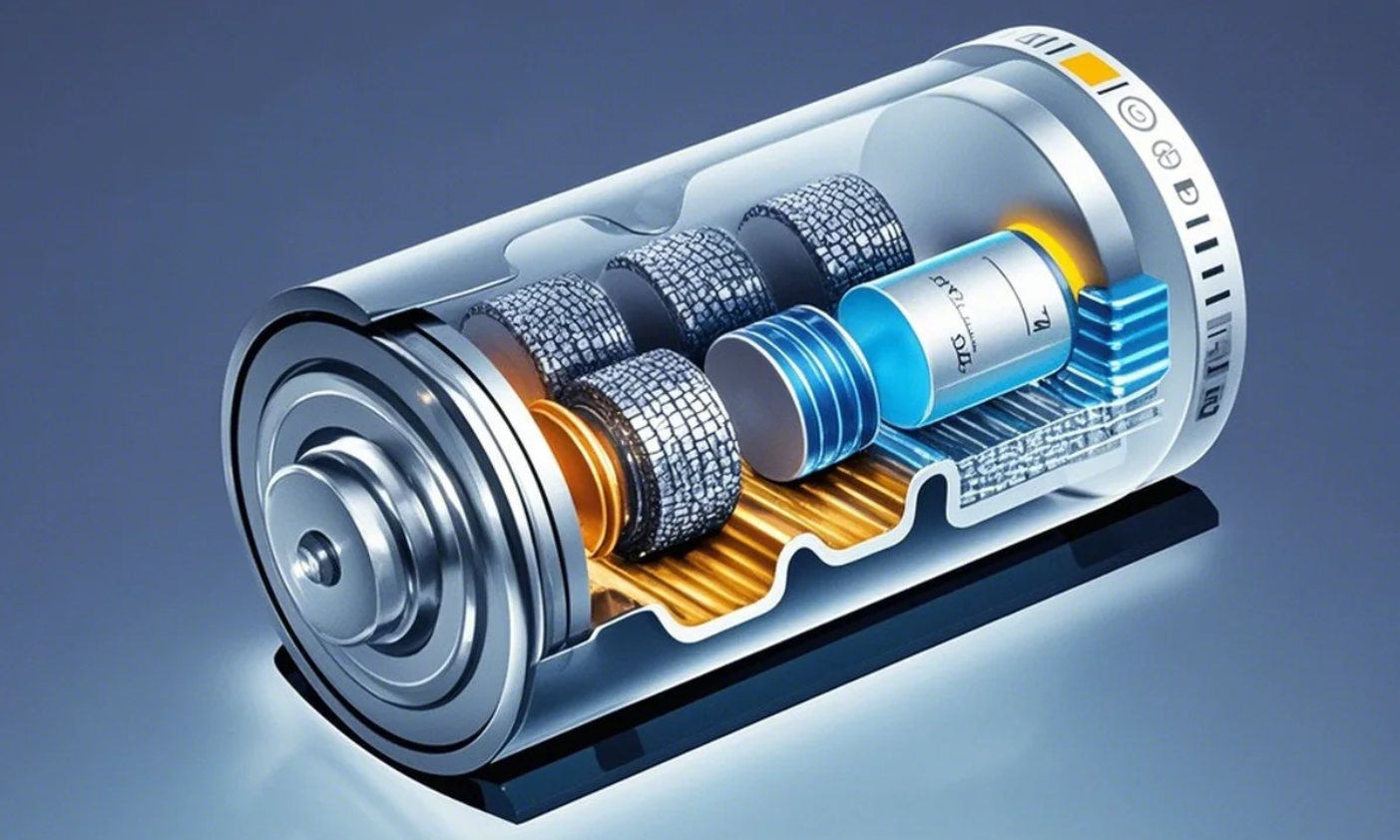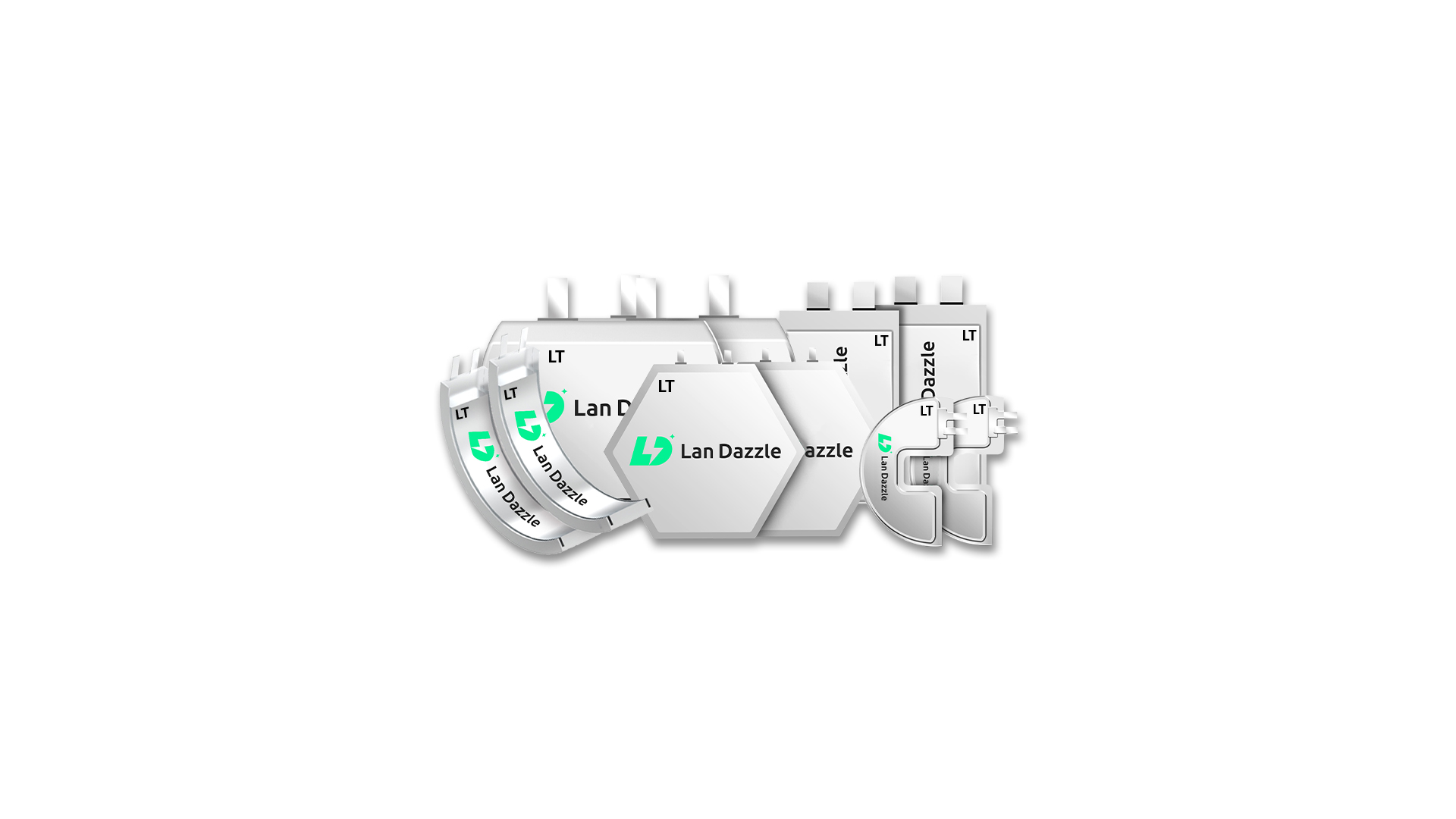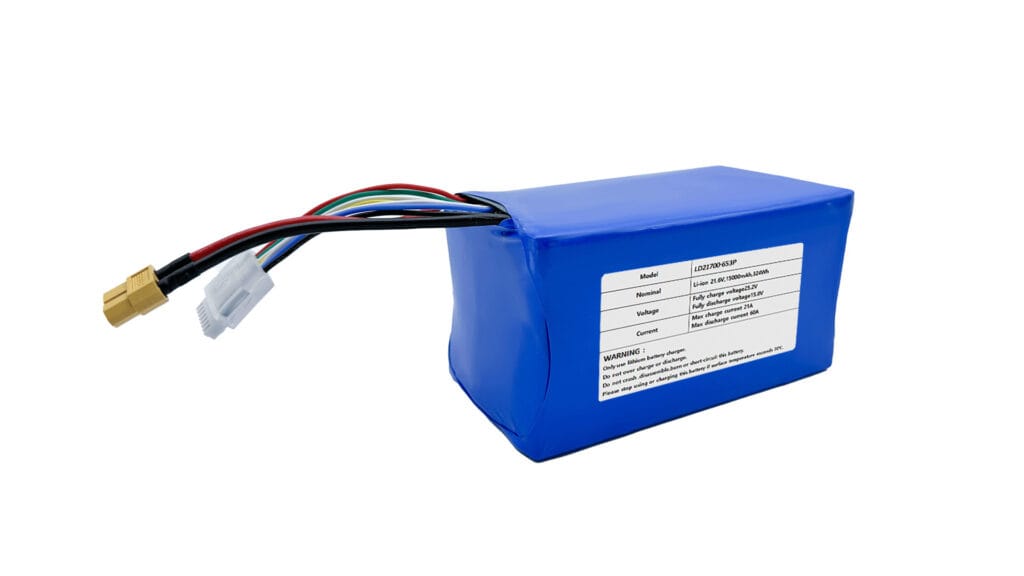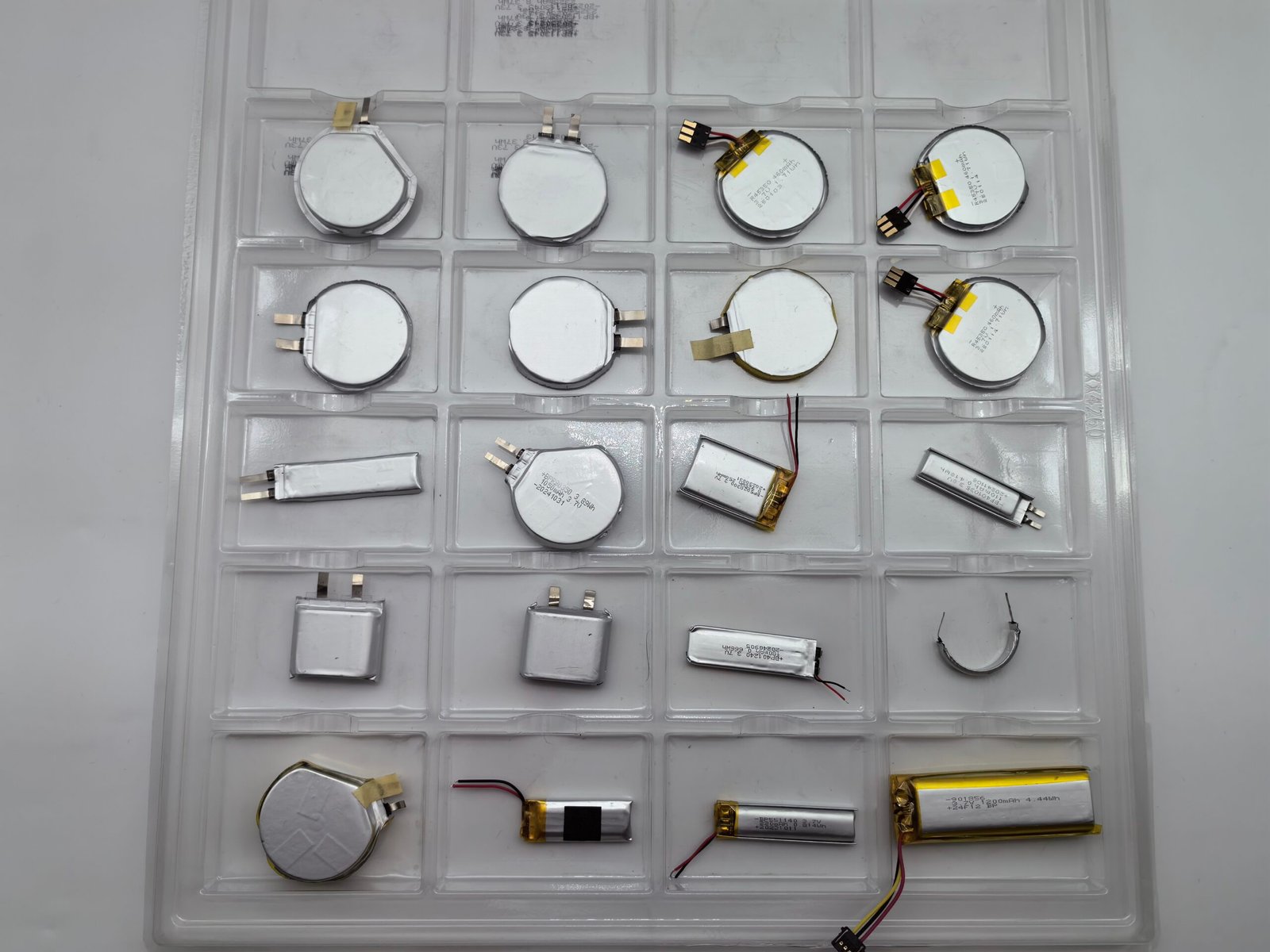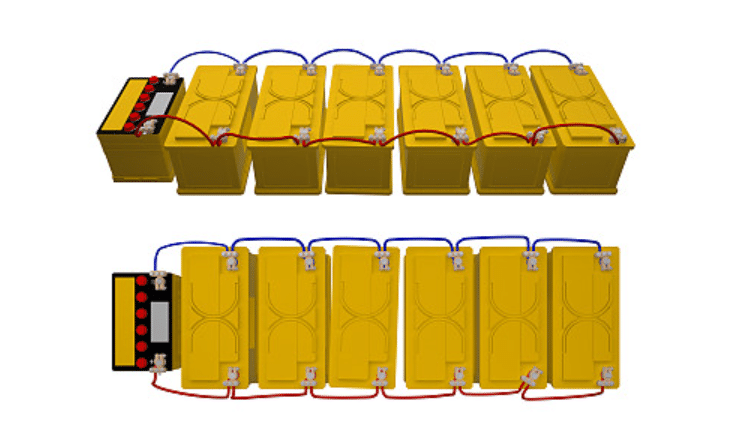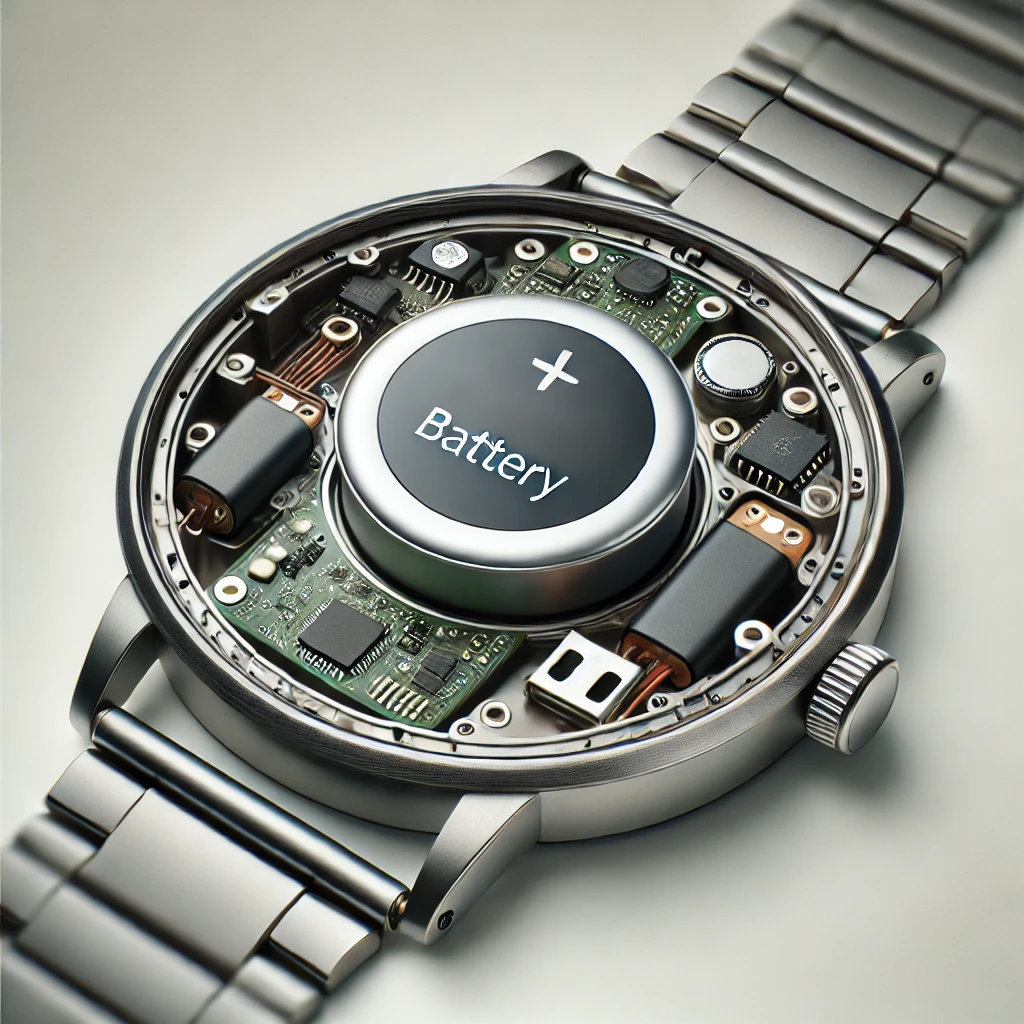A high capacity lithium battery offers improved energy storage capabilities compared to standard lithium batteries, making it crucial in many modern applications. In this article, we will explore what makes a battery “high capacity,” the materials and technologies involved, and its advantages, applications, safety concerns, and environmental impact.
Introduction: What is a High Capacity Lithium Battery?
A high capacity lithium battery is one that stores significantly more energy than a standard lithium-ion or lithium-polymer battery. This increased capacity is typically measured in mAh (milliampere-hour) or Wh (watt-hour), which quantifies the amount of energy a battery can store and deliver over time. High capacity batteries can power devices for longer periods, making them ideal for applications that require sustained energy output.
Compared to standard lithium batteries, which typically have capacities ranging from 2000mAh to 3000mAh, high capacity lithium batteries often exceed these values, reaching up to 5000mAh or more. The key difference lies in the increased energy density, achieved through advanced materials and manufacturing techniques.
What Materials and Technologies Enable High Capacity Lithium Batteries?
The key to achieving higher capacity in lithium batteries lies in the materials used and the technological innovations incorporated during their design and manufacture. By optimizing these factors, manufacturers can create batteries that store more energy while maintaining or even improving overall performance. Below are the main materials and technologies that enable high capacity lithium batteries:
1. Advanced Anode Materials
The anode is one of the critical components of a lithium battery, and innovations in anode materials play a significant role in enhancing capacity.
-
Silicon-based Anodes: Traditional lithium-ion batteries use graphite as an anode material, but silicon-based anodes are emerging as a high-capacity alternative. Silicon has a much higher theoretical capacity to store lithium ions compared to graphite (about ten times greater). As a result, batteries using silicon anodes can achieve higher energy densities. However, silicon’s expansion and contraction during charging and discharging have historically posed challenges, leading to material degradation. To overcome this, silicon-graphene composites are being developed to increase stability and prevent capacity loss.
-
Tin-based Anodes: Similar to silicon, tin also has a high capacity to store lithium. Tin-based anodes are being investigated as an alternative to graphite and silicon due to their ability to provide higher energy storage. Research into hybrid anodes that combine tin with carbon-based materials or graphene aims to improve performance by enhancing both capacity and stability.
-
Lithium Titanate: While not necessarily providing higher energy density, lithium titanate (Li4Ti5O12) anodes are becoming increasingly popular for their fast charging capabilities and extended cycle life, making them suitable for high-power applications where quick recharges are critical.
2. Cathode Materials
The cathode is another pivotal component that influences battery capacity, as it defines how much energy a battery can store.
-
Nickel-Cobalt-Manganese (NCM) and Nickel-Cobalt-Aluminum (NCA) Cathodes: These cathodes are among the most common for high capacity lithium batteries. The use of nickel increases the energy density of the battery, while manganese and cobalt stabilize the structure. NCA cathodes are often used in high-performance batteries for electric vehicles (EVs) due to their superior capacity and cycle life.
-
Lithium Iron Phosphate (LiFePO4): While not as energy-dense as NCM or NCA, LiFePO4 cathodes are known for their safety and longevity. This makes them an excellent choice for applications where high safety standards and extended battery life are more important than extreme energy density, such as in certain industrial applications.
-
Lithium Cobalt Oxide (LiCoO2): Known for providing high energy densities, LiCoO2 is used in applications like smartphones and laptops, where space and weight are crucial. However, cobalt’s cost and ethical sourcing issues have led manufacturers to look for alternative materials, such as NCM and NCA.
3. Solid-State Electrolytes
One of the most promising technologies for high capacity lithium batteries is the solid-state electrolyte. Unlike traditional liquid electrolytes, solid-state batteries use a solid electrolyte, which can significantly enhance energy density and safety.
-
Solid-State Technology: Solid-state batteries replace the liquid electrolyte with a solid polymer electrolyte (SPE) or ceramic electrolyte. This change allows for a more compact design with higher energy storage per unit volume, as there is no need for separators or liquid electrolytes. Solid-state batteries are less prone to leakage or overheating, which can improve both safety and performance.
-
Lithium Sulfide and Lithium Metal: The integration of lithium metal as an anode material in solid-state batteries, coupled with lithium sulfide-based electrolytes, has shown promise in pushing the energy density of lithium batteries even higher. These technologies have the potential to double or even triple the energy density of conventional lithium-ion batteries, though challenges in scalability and manufacturing processes remain.
4. Battery Design and Architecture Innovations
Beyond the core materials used in the anode and cathode, the design and architecture of the battery also contribute to its high capacity.
-
Electrode Optimization: High capacity lithium batteries feature thinner electrodes and optimized electrode stacking to maximize the surface area for lithium ion movement. This allows more ions to be stored and released, improving overall energy capacity and charge/discharge efficiency.
-
High-Conductivity Current Collectors: The introduction of high-conductivity materials for current collectors (such as copper for the anode and aluminum for the cathode) ensures that electrons can flow more freely throughout the battery. This optimizes the charge and discharge processes, leading to better overall performance, faster charging times, and more efficient use of energy.
-
Advanced Separator Technology: The separator, which prevents direct contact between the anode and cathode, has also seen advancements in design. By using porous separators that allow for greater ion flow and heat resistance, the overall efficiency of the battery can be increased, enhancing its capacity and safety.
Advantages of High Capacity Lithium Batteries
High capacity lithium batteries offer several advantages over their standard counterparts, including:
- Extended Device Usage: With a higher energy storage capacity, these batteries can power devices for longer periods, making them ideal for electric vehicles (EVs), drones, wearable electronics, and more.
- Improved Efficiency: High capacity batteries can store more energy in the same physical space, providing more efficient power solutions for both consumer and industrial applications.
- Faster Charging: With advancements in technology, high capacity batteries can charge faster, reducing downtime and increasing overall convenience.
Applications of High Capacity Lithium Batteries
The high energy density of high capacity lithium batteries makes them suitable for a wide range of industries and applications:
- Electric Vehicles (EVs): High capacity batteries enable EVs to travel longer distances on a single charge, which is a key factor in the adoption of electric cars.
- Drones: For commercial drones, having a high capacity battery is critical for extended flight times and reliability in various operational environments.
- Wearables: Smartwatches and other wearable devices benefit from high capacity batteries, allowing users to get more out of their devices between charges.
- Renewable Energy Storage: High capacity lithium batteries are often used in solar and wind energy storage systems, providing reliable backup power and supporting grid stability.
Does High Capacity Affect Battery Safety and Lifespan?
While high capacity batteries offer clear benefits, they can also raise concerns about safety and longevity.
- Safety: Larger capacity batteries may generate more heat during charging and discharging, potentially leading to thermal runaway if not properly managed. However, battery management systems (BMS) are designed to regulate temperature and prevent overheating.
- Lifespan: High capacity batteries may experience more wear and tear over time, especially if frequently charged and discharged at high currents. Proper usage, such as avoiding full discharges and extreme charging conditions, can help prolong the battery’s life.
Environmental Impact of High Capacity Lithium Batteries
The environmental impact of high capacity lithium batteries is an ongoing concern, especially in terms of resource extraction, manufacturing, and disposal.
- Raw Materials: The mining of lithium, cobalt, and other essential materials can lead to environmental degradation if not done sustainably. However, advances in recycling technologies are helping reduce the impact.
- Battery Recycling: High capacity batteries can be recycled, reducing the environmental burden. However, recycling processes are still being improved to handle large volumes of batteries efficiently.
- Sustainability: The demand for high capacity lithium batteries is expected to grow with the rise of electric vehicles and renewable energy systems, which could help drive innovations in sustainable battery production and recycling practices.
FAQs
1. What is the typical capacity of a high capacity lithium battery?
High capacity lithium batteries typically exceed 5000mAh, with some models going up to 10,000mAh or more.
2. Are high capacity lithium batteries safer than standard ones?
High capacity lithium batteries can be safe if equipped with proper battery management systems (BMS), but they may require more careful handling to avoid overheating.
3. Can high capacity lithium batteries be recycled?
Yes, high capacity lithium batteries can be recycled, but the processes are still being optimized to handle larger volumes of batteries efficiently.
Landazzle Batteries
At Lan Dazzle, we specialize in providing custom lithium batteries for a wide range of applications. Our high-quality, high capacity lithium batteries are designed to meet your unique power needs with reliability and performance. For more information, visit our website at www.landazzle.com.
